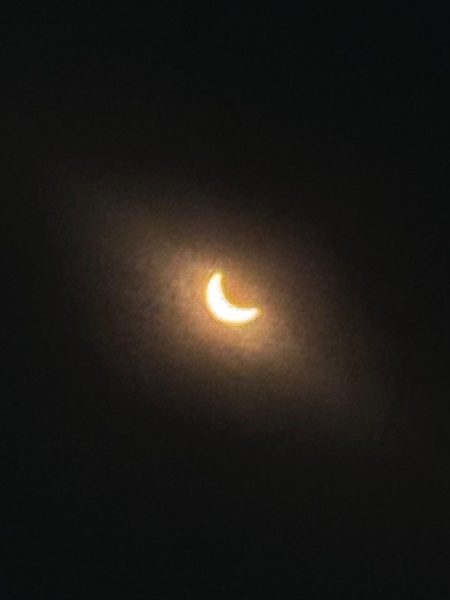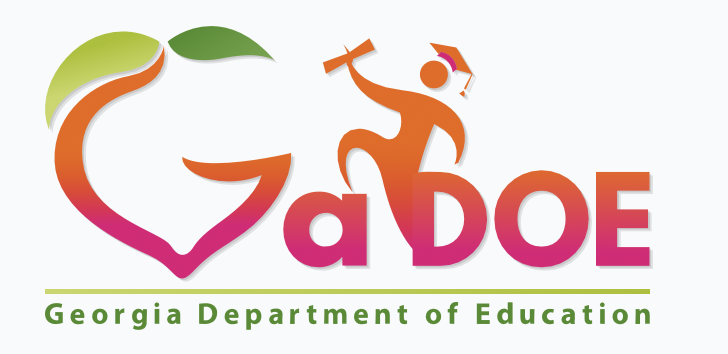Cosmic events have been a source of curiosity and wonder for millennia with North America’s second total solar eclipse occurring on April 8, 2024. A solar eclipse occurs when the moon comes between Earth and the Sun, temporarily obstructing our view of the latter. Furthermore, a total eclipse signifies that the sun is completely overshadowed by the moon, creating a rare visual spectacle for those in its viewing path. Branded “The Great North American Eclipse” by many due to its expansive nature, this eclipse is the second of eight total solar eclipses viewable from North America this century.
Since the last such event in 2017, both scientific knowledge and public interest in solar eclipses have greatly increased, creating immense excitement leading up to the 2024 edition. This sentiment has been prevalent at Lambert where students and teachers alike have viewed both eclipses thus far, allowing for students to foster a deeper connection with the planet we live on.
“I thought seeing the eclipse helped all of us join together in a way,” Lambert junior Srishti Iyer said. “It was really an inspiring experience that makes me want to learn more about the world around us.”
Students are able to feel more connected to this marvel of nature, further inspiring curiosity and involvement not only in science but in our world as a whole. By viewing the event together as a school, they are also able to bond as one in their shared wonder, which furthers connection and helps put the stresses of academic life in perspective. Solar eclipses such as that in 2017 have been shown to unify people and connect them to a greater entity, showing how such events truly inspire and link humanity together. Allowing students to view the eclipse at Lambert is just one instance of how the deepest marvels of our universe can connect all of us here on Earth.
Furthermore, such eclipses give scientists the opportunity to explore these phenomena and study the common effects they have on life on Earth. For instance, the eclipse often sends solar rays into the ionosphere, which can have an impact on radio signals, communication and GPS infrastructure. These effects are being studied through an initiative called the HamSCI project, which works in conjunction with the National Science Foundation, NASA and other organizations to generate large amounts of data with which to study atmospheric changes. By working with amateur radio enthusiasts across the country, the project has been able to set up a massive network of such radios, which in turn has helped analyze the ionosphere and the effects of solar eclipses on the former.
“Solar eclipse research is important because it gives us insights we’ve never seen before,” Lambert sophomore Yana Datta explained. “It’s also a changing field that can really help society grow as we learn more and more.”
To foster such research, NASA launched three sounding rockets to test for the effects of light on the ionosphere, allowing for a greater ability to predict when such disruptions may occur ahead of time. By treating the eclipse as not just an individual event but a greater opportunity for scientific advancement, we are able to not only gain further knowledge but also improve the human condition. As a result, the eclipse illustrates the significance of researching such cosmic events to humanity.
Clearly, solar eclipses are more than just an interesting natural phenomenon – they are vehicles of scientific opportunity and inquiry that captivate the human mind and have a larger impact than we consider. By learning more about these solar spectacles and continuing to push the boundaries of human knowledge, we can take this bedazzling sight and use it to contribute to the greater cause of humanity.















